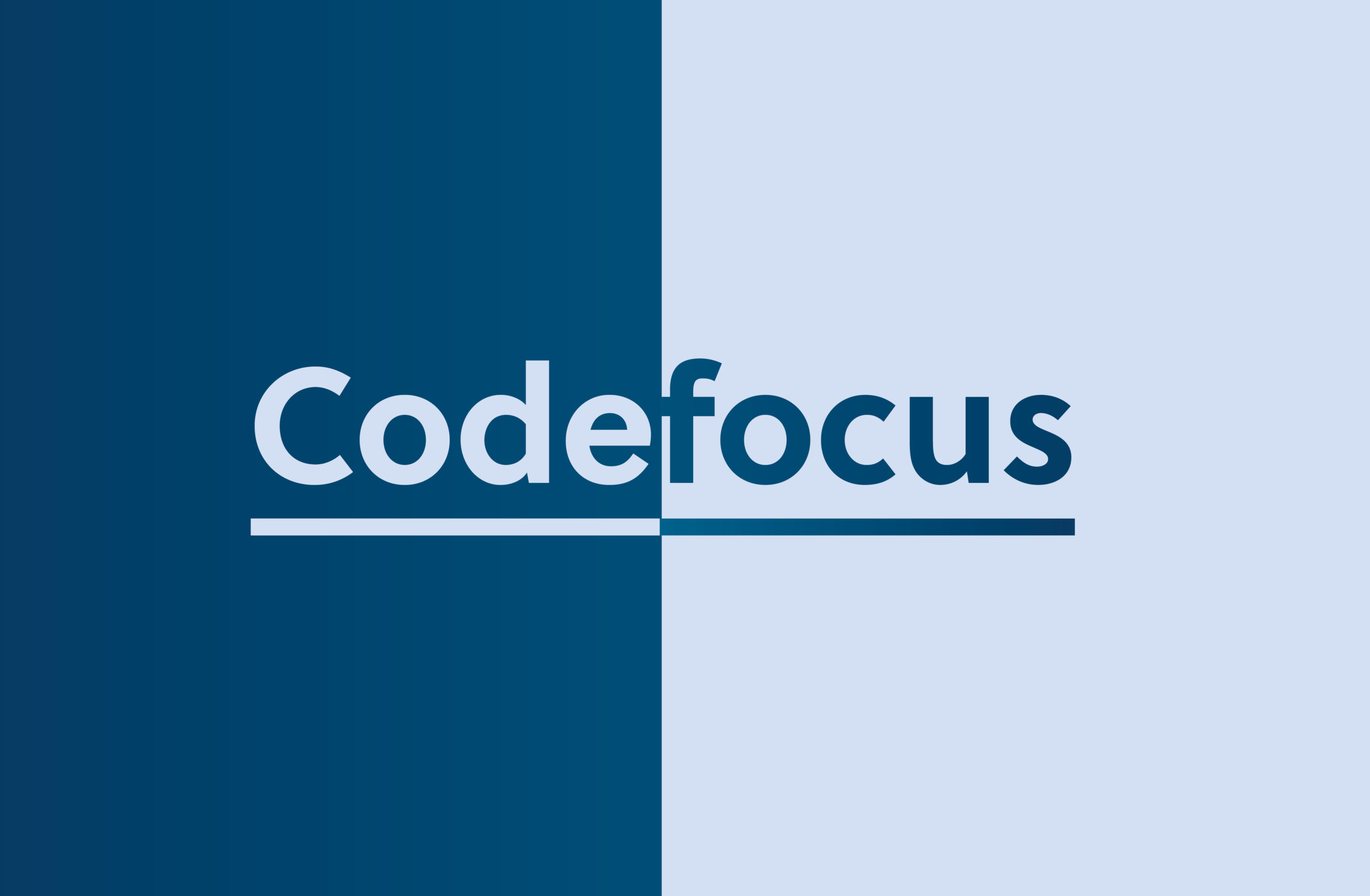We’re passionate about code – yasoon values

As a tech-driven company, we rely on an experienced, expert team. We develop our software products with passion and commitment
Working with cutting edge technologies, we build solutions that really benefit our customers. No investors, no external control, no crunches: We actually take our time to get things right. We’re independent and can use the technologies we think are best in class.
Where is that passion for code coming from, you ask? Then you should meet Tobias, co-founder and technical lead at yasoon:
Techtalk with Tobias

How and when did you realize that you’re passionate about code?
Even though I started programming at the age of 12 or 13, I think the actual realization happened much later. In the beginning it probably was a mixture of boredom and curiosity to build something from scratch. Back then (wow I’m old) there was no social media or really anything else you could do with a computer for an extended amount of time, so I started programming. It was fun and I never questioned it much, I just kept creating stuff. I think it really hit me when I created my first online service, before starting college. The fact that people were going to use my software and that I was going to make some money with it blew my mind.
What projects did you work on in your early career? What was your starting point?
I think the very first things I created were little tools for myself. I remember building a tool to sort my MP3 files into a folder structure by artist and album. It was quite limited, but it was extremely fun building it and seeing it in action.
After that I remember building a tool (my first paid project) for some guy who ran a wind turbine company. They were delivering their daily output in a crude file format that they needed to process and aggregate. I think I did a very good job, but I was massively underpaid though. 😉
What do you think will be the biggest trends in future web development?
Hard to say. I think there is still massive potential for improved tooling, performance and developer productivity. The web is really an awesome platform, since it works across all devices we use today. Any operating system, mobile, laptop, tablet or at your desk. Compared with the magnitude of that achievement, I think the experience of building apps on the web is still in its infancy. Since we started yasoon nearly 10 years ago today, we have progressed from plain JS and jQuery to React, Redux and Typescript, which are lightyears ahead in terms of developer productivity. We could never have built our products with our current team size using the tech stack from a few years ago. I think we have not seen the end of this yet, so I’m looking forward to what’s coming next 😊
What programming languages have you worked with? How did you end up with yasoon’s current tech stack?
I first started programming in QBasic with a friend. It is fully terminal-based and could only be used for only basic stuff (no mouse!). After that I had a good and long run with Java. When we started yasoon, C# and Javascript became much more common. I think to this day my favorite language is still C# because it has unmatched features when it comes to things like working with data structures (LINQ comes to mind). Also, C#’s standard library is still the most extensive and best quality one I have ever experienced. Still, we do most of our development today in Typescript for the browser and NodeJS in the backend. In the end, having the same language across our whole stack is worth forgoing a few things compared to C#.
Tell us about the projects you’re working on (or have worked on) in your spare time.
I think what we did for the last 8 years with yasoon has always been a hobby as well, so I actually spent most of the time working on stuff for our products. I do have a lot of ideas for other stuff all the time, but you can’t do everything. In the end, enjoying a good wine or spending time with my kids is a nice departure from coding.
Name a website or app that annoys you. What’s wrong with it and how would you improve it?
Probably Slack. They employed pretty Facebook-like methods for hooking people into using it, especially in the beginning, but hanging around in Slack all the time doesn’t make you any more productive. In fact, the opposite is true. Also, their user/login system is so horribly broken, even though it has improved a bit in recent times.
What do you do when an application stops working?
My first reaction is panic. Every time. My co-founder loathes that. I think that’s the introvert in me, not trusting the ‘success’ we have with our app, sometimes just waiting for something big to fail. It’s never really that bad though, but old habits die hard. I quickly go into troubleshooting mode, and we usually get to the bottom of the issue insanely fast. You’d think I’d remember that for the next time, but my brain keeps tricking me into panic mode. 😉
Our technology stack
Oh well, now you know where we’re coming from. We choose technology that is straightforward, yet powerful.
- ReactJS: Our JavaScript library for building neat user interfaces.
- Rematch / Redux: Our library for state management and state container for JavaScript apps.
- Typescript: TypeScript saves time catching errors and providing fixes before we run code.
- NodeJS: We build scalable network applications with NodeJS.
- Figma: Our products are designed in Figma.
- AWS: We use Amazon Web Services for cloud computing.
Development and support
Our work is not done when we publish an app on the Atlassian Marketplace. Even though we take enough time to only publish solutions when they’re ready, we’re constantly improving our products based on feedback from our customers.
Our developers are part of our support team, which is a great strength and major value for customers, too. No nonsense, no excuses, no complicated sentences. Our dev team is eager to resolve any support tickets as quickly as possible. In support calls or chats, we find the best solutions to improve the user experience.
Our code is a winner
We don’t want to brag, but … Our team has won several prizes that prove our ability to enhance organizational and individual productivity, integration, and performance.
We still never stop learning
We like to experiment with using our tech stack in various ways, which is why we’re always keeping track of innovation. In line with our ‘in depth-knowledge’ value, our passion for code makes us eager to learn new things.